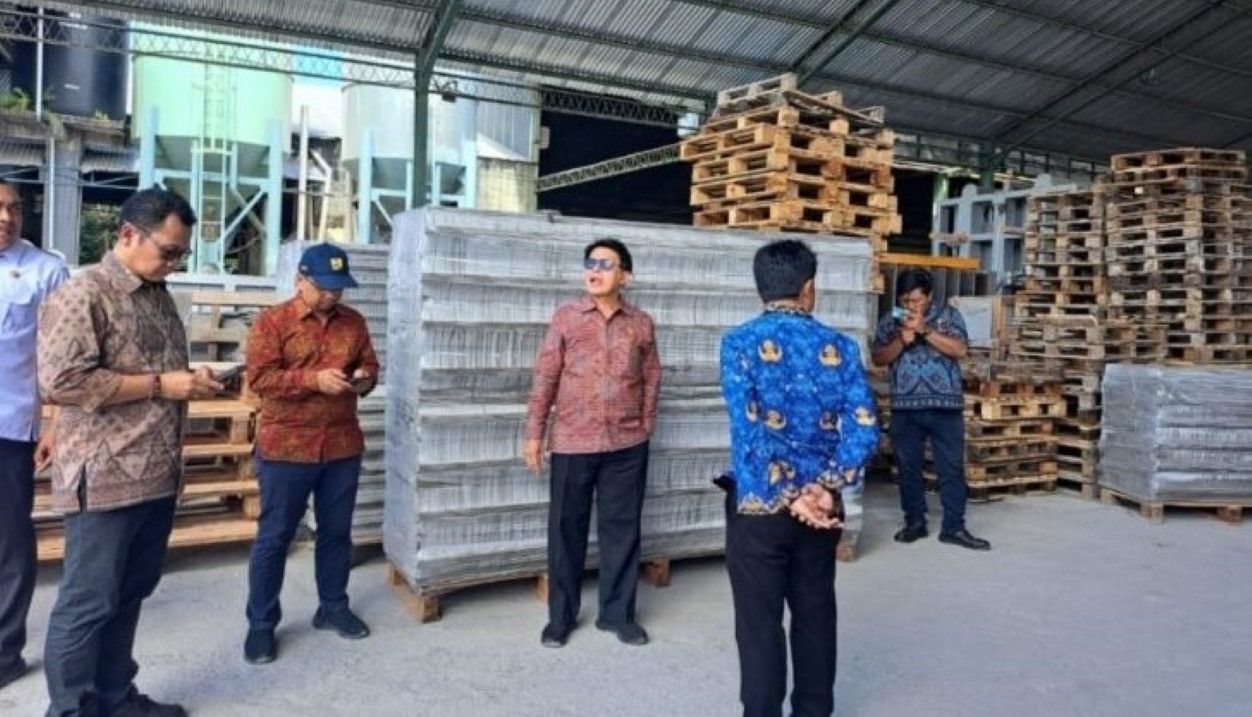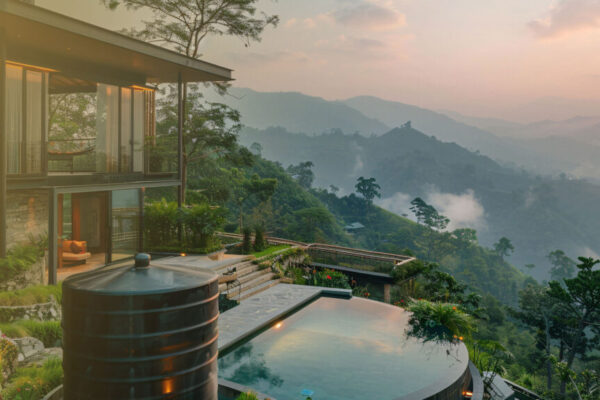Foreigners Granted Right of Use, Supervision Remains with Local Government
BALI – The government has revised its policy to allow foreign nationals to have the right to use property in Indonesia.
This policy is part of efforts to increase foreign investment. However, supervision and licensing of the right of use remain under the authority of local governments.
Tourism analyst Panudiana Khun in Denpasar on Tuesday (September 23) stated that foreign nationals can control or utilize land with a specific status. Foreign nationals are only granted usage rights, not ownership rights.
“This right of use has a specific term and can be extended in accordance with applicable regulations,” said Panudiana Khun, as reported by bisnisbali.com on Tuesday (9/23/2025).
Foreign nationals are granted the right of use because the Indonesian government continues to encourage foreign investment to strengthen the national economy. Foreign nationals can purchase property with right of use status without going through a nominee system.
“This step was taken due to the lack of domestic investment, while the need for development and economic circulation in the regions continues to increase,” he said.
In addition, local residents who sell land for financial needs then buy land in other areas at cheaper prices, and the rest is saved as savings or business capital.
To that end, he hopes that local governments will take action, given the weak supervision at the grassroots level. Many permits, such as building permits, environmental impact assessments, and environmental permits (SITU, HO), are issued without strict field supervision. Local governments, regional representative councils, licensing agencies, village heads, sub-district heads, and regents need to actively go to the field to directly monitor the impact of development.
“The government should ensure that roads, rivers, and beaches are not encroached upon by development. Currently, there are many violations due to a lack of control from below,” he added.
Permits must be accompanied by direct supervision, especially in areas that are the focus of foreign investors. Without strict supervision, this policy could actually have a negative impact on local communities and the environment.
Meanwhile, Bali Peradi Regional Coordinator, Dr. Putu Suta Sadnyana, S.H., M.H., explained that foreigners are not allowed to own land with freehold rights. However, there are several legal options that allow foreigners to control land or property. This is based on Agrarian Law No. 5 of 1960, which states that freehold rights to land can only be owned by Indonesian citizens.
“The transfer or assignment of freehold rights to foreigners, either directly or indirectly, is prohibited,” he said.
The use of nominees (i.e., having an Indonesian citizen registered as the owner on behalf of a foreign national) is considered illegal by the government and is very risky.
Putu Suta explained that although they cannot directly own property, foreigners can use several forms of recognized rights or legal structures, including the Right to Use for residential purposes (not freehold), which can be in the name of a foreigner if they meet the requirements (e.g., obtained a special residence permit). The initial duration is often 25-30 years and can be extended.
Leasehold Agreement, leasing land from local owners for a certain period (25-30 years or more), which can be extended. Foreign nationals can use this. Then, Right to Build (HGB) through PT PMA Right to Build through foreign companies that have investment permits (PMA).
“For the purpose of property development (commercial or for rent). With HGB, foreigners through companies can control the buildings on the land, even though the land is not fully owned by the company. The duration is usually 30 years and can be extended,” he said.





